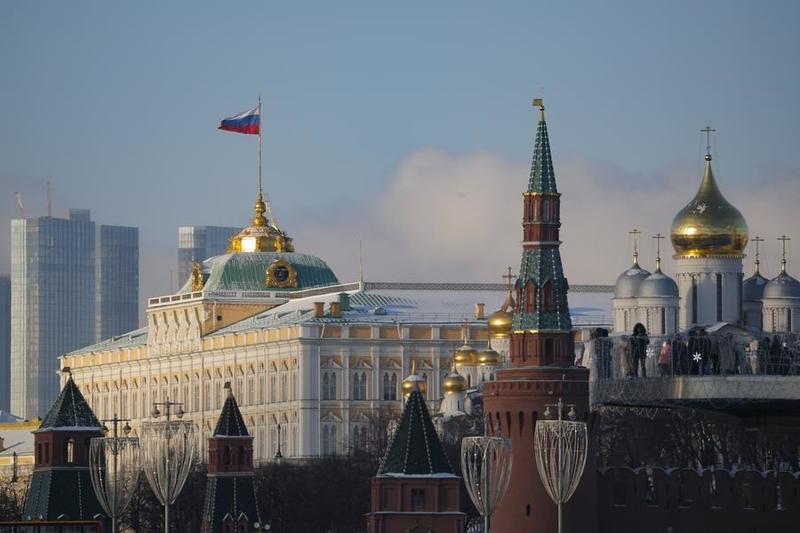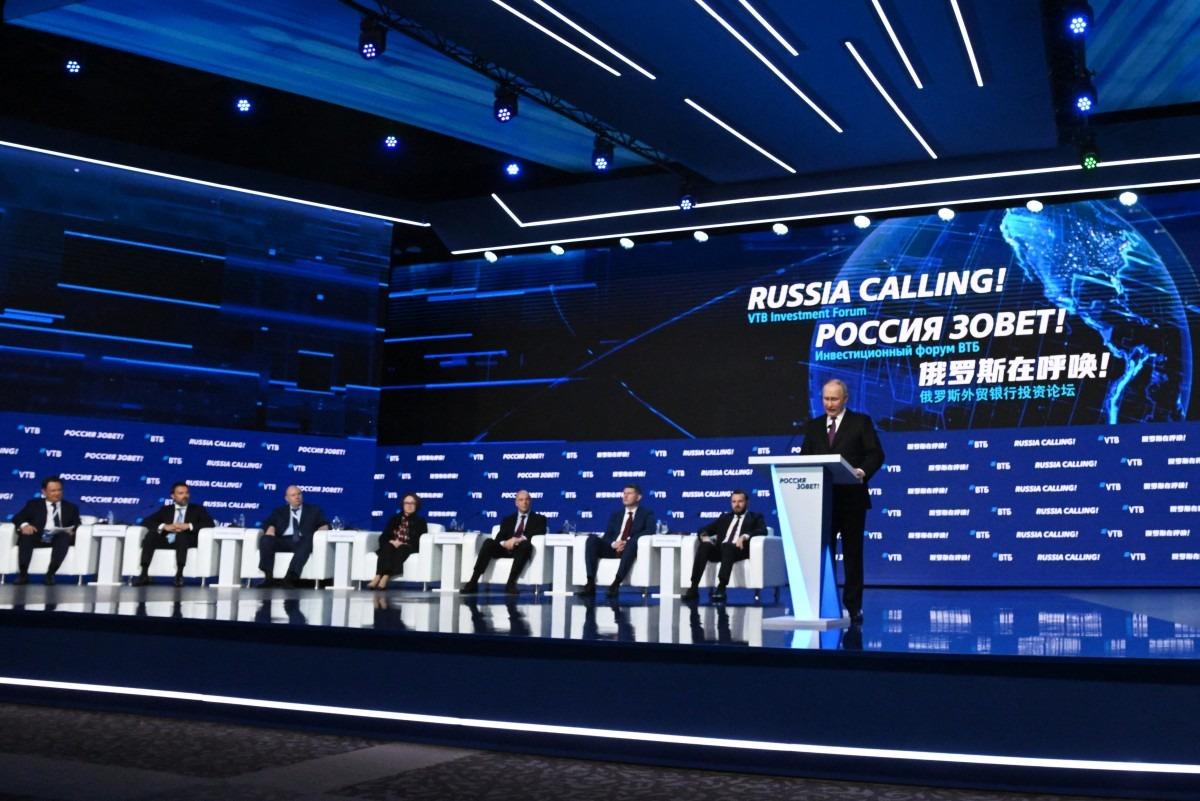 In this file photo dated Jan 6, 2023, Russian national flag waves at the Kremlin in Moscow, Russia. (PHOTO / XINHUA)
In this file photo dated Jan 6, 2023, Russian national flag waves at the Kremlin in Moscow, Russia. (PHOTO / XINHUA)
MOSCOW - Russia's Federation Council or upper house of parliament voted unanimously on Thursday to hold the next presidential elections on March 17, 2024.
Russian Federation Council Speaker Valentina Matviyenko noted that with this decision, the parliament is essentially launching the election campaign.
"Presidential elections have always been the most important event in a country's political life, and they will largely determine the vector of Russia's development," Matviyenko said.
She said that despite the current external circumstances and attempts to weaken Russia, to "destroy our country's economy and sow discord in the Russian society," "we firmly adhere to constitutional values, and guarantee the rights and freedoms of citizens, and confirm that the bearer of sovereignty and the sole source of power in Russia is its multinational people."
ALSO READ: Putin: Russia withstands unprecedented sanctions pressure
She said that the Russian society was more consolidated than ever and was ready to elect its president, adding that the result of the elections would further determine how the country responds to current challenges.
 This pool photograph distributed by Russian state agency Sputnik shows Russian President Vladimir Putin giving a speech during an annual VTB Capital "Russia Calling!" Investment Forum in Moscow on Dec 7, 2023. (PHOTO / AFP)
This pool photograph distributed by Russian state agency Sputnik shows Russian President Vladimir Putin giving a speech during an annual VTB Capital "Russia Calling!" Investment Forum in Moscow on Dec 7, 2023. (PHOTO / AFP)
Also on Thursday, Russian President Vladimir Putin said the country supports the establishment of a new "truly democratic" model of global economic development.
"The entire global system of economic relations is undergoing fundamental ... irreversible changes. This is because the previous model of globalization is being replaced by a multipolar model," Putin said at the plenary session of the 14th VTB "Russia Calling!" Investment Forum.
READ MORE: Putin: Western sanctions against Russia may be intensified
"We want to create a new model, a truly democratic one, where fair competition between all economic actors prevails," he said, adding that such a change in the global economic landscape and the emergence of new powers would be a "natural" and "objective" process.


